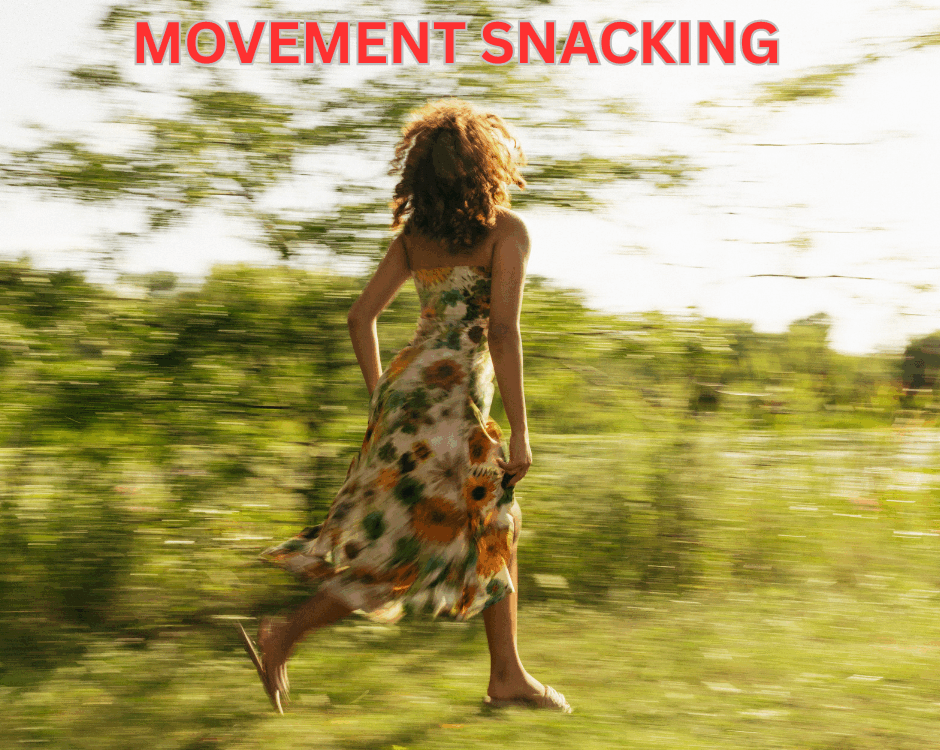What is the Right Kids Helmet for TBI Reduction?

Exercise and Spinal Arthritis
April 13, 2024
Acetaminophen Toxicity
April 29, 2024
Choosing the Right Helmet for Mild Traumatic Brain Injury Risk Reduction
When it comes to riding a bike, protecting your head should always be a top priority, especially when considering the risk of mild traumatic brain injuries (MTBIs). Helmets are an essential piece of safety gear designed to reduce the risk of head injuries. Dr. Aaron Workman, an experienced chiropractor at one of the highest rated auto injury medical organizations in Lexington, Kentucky, explores the different types of helmets tailored for MTBI prevention to help you make an informed decision.
- Mountain Bike Helmets with Extra protection:
For off-road mountain biking where the risk of crashes and impacts is higher, helmets with extended coverage are a must. I have 6 of these helmets that are unique to help with MTBI. These provide added protection to the back and sides of the head which are areas vulnerable to injury during falls. Look for helmets with MIPS (Multi-directional Impact Protection System) or a similar technology designed to reduce rotational forces on the brain. You will notice the helmet will rotate slightly when strapped in on the head.
- Full-Face Helmets for Aggressive Riding:
Riders taking part in more aggressive mountain biking such as downhill or enduro should opt for full-face helmets. I have two of these in my collection. If you have ever come down a trail at any amount of speed it can be a little scary, but this helmet does help ease fears. Look for helmets with ASTM F1952 certification. These helmets offer more protection by covering not only the head but also the face and jaw. Full-face helmets are effective in minimizing the risk of facial injuries along with MTBIs.
- BMX Riding Helmets:
BMX riders performing tricks and stunts require helmets that prioritize impact protection and durability. BMX helmets with robust outer shells and thick padding are essential for mitigating the risk of MTBIs during jumps and landings. Look for helmets with ASTM F2032 certification, indicating compliance with safety standards specific to BMX riding.
- Road Cycling Helmets with Advanced Safety Features:
While road cycling may have a lower risk of MTBIs compared to mountain biking, riders should still prioritize helmets with advanced safety features. You are only as safe as the person around you. Look for road cycling helmets equipped with MIPS or similar technologies that were mentioned in number 1. Additionally, if you want to be more advanced, consider helmets with aerodynamic designs and plenty of ventilation to ensure comfort during long rides.
- Urban and Commuter Helmets with Reflective Elements:
For riding the city streets or a work commute, visibility is key to preventing accidents and MTBIs. Urban and commuter helmets with lights and reflective features enhance visibility in low-light conditions, reducing the risk of a car or person not seeing and hitting you. This is just a MIPs technology helmet with added visibility safety measures. If you already have a MIPS helmet you can add your own visibility safety features such as lights or reflective tape.
- Kids’ Helmets with Proper Fit and Adjustability:
Children are particularly vulnerable to head injuries, making it important to prioritize helmet safety from the start. Every head trauma can have a cumulative effect, so protecting kids at a young age is most important. These helmets should offer a secure fit that is easy to adjust and put on. Once again, look for helmets with MIPS or other impact protection systems to safeguard against MTBIs during riding.
When selecting a helmet consider factors such as fit, comfort, ventilation, and safety certifications as mentioned above. Additionally, prioritize helmets with MIPS or similar tech designed to reduce rotational forces. Wearing a helmet is the first step in reducing the risk of MTBIs. Follow the guide above and invest in a good helmet that fits your activity level. Now get out and enjoy riding in the great outdoors.
— This article is written by Aaron Workman, DC, one of the members of Chambers Medical Group’s team of car accident chiropractors who offer a variety of treatments and therapies ranging from diagnostic testing to various soft tissue therapies for car accidents and injuries in Kentucky.
- Car Accident Medical Clinic in Tampa
- Car Accident Medical Clinic in Plant City
- Car Accident Medical Clinic in Brandon
- Car Accident Medical Clinic in Lakeland
- Car Accident Medical Clinic in Sarasota
- Car Accident Medical Clinic in Louisville
- Car Accident Medical Clinic in Lexington
- Car Accident Medical Clinic in Florence




